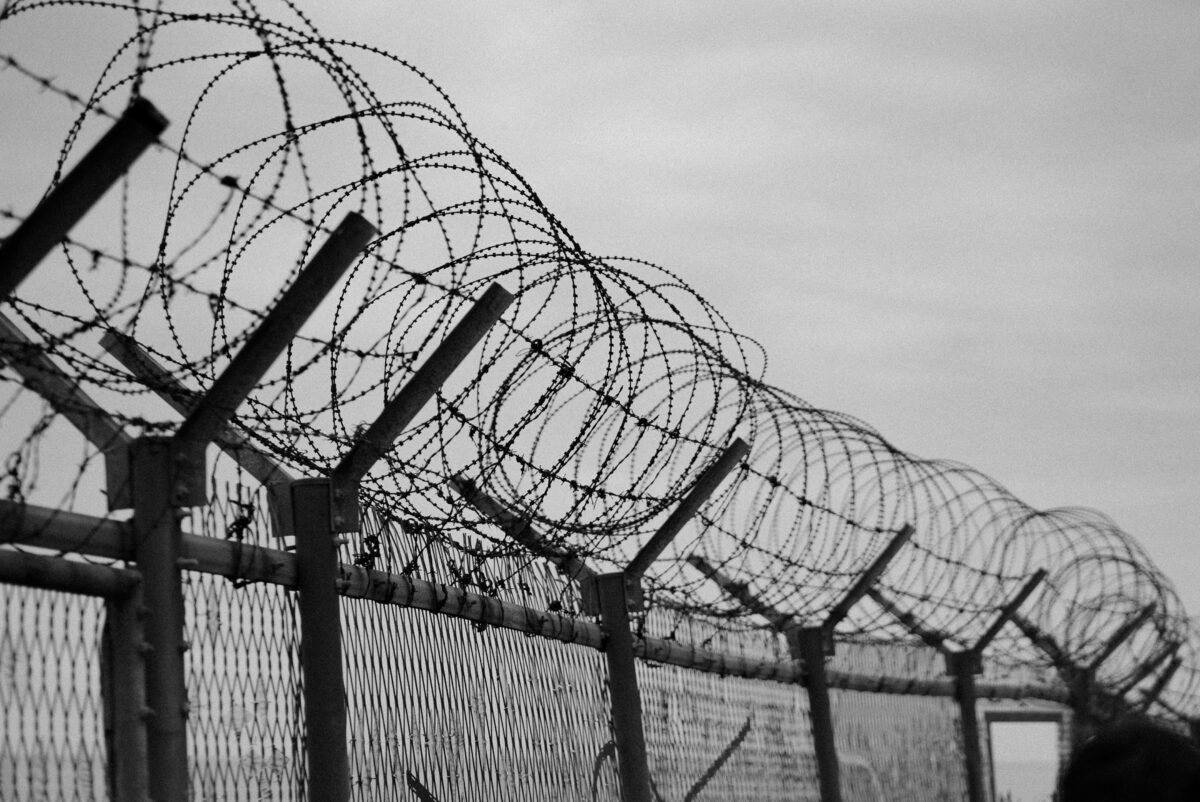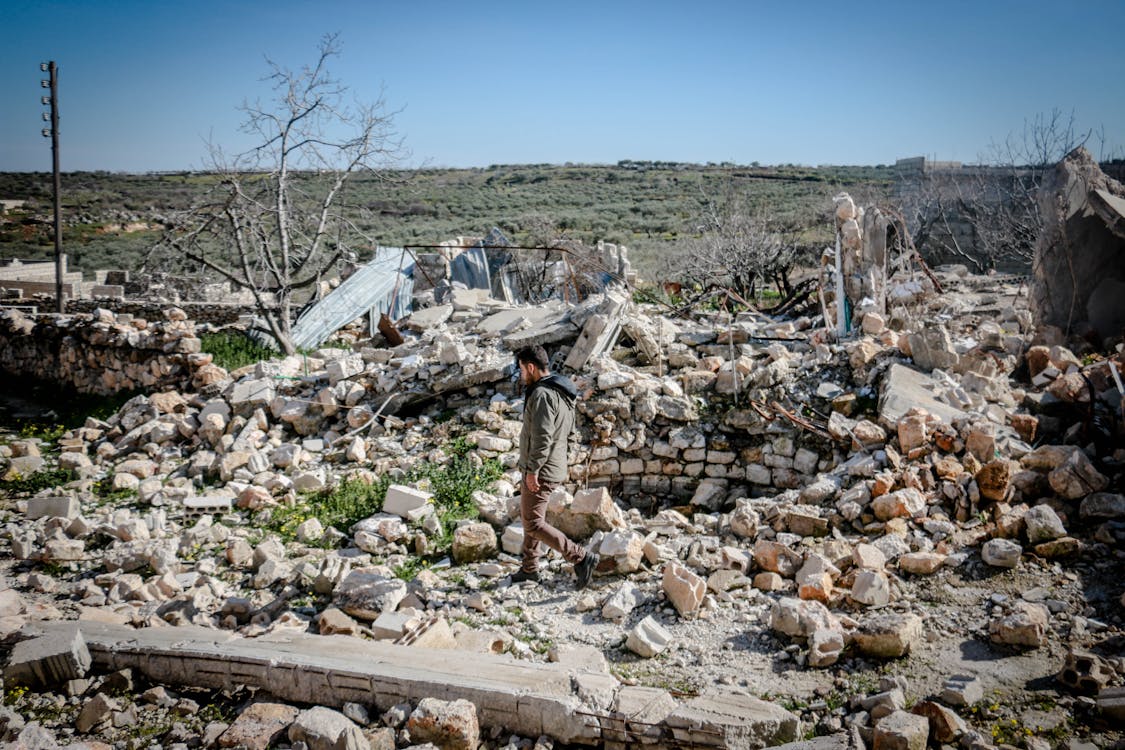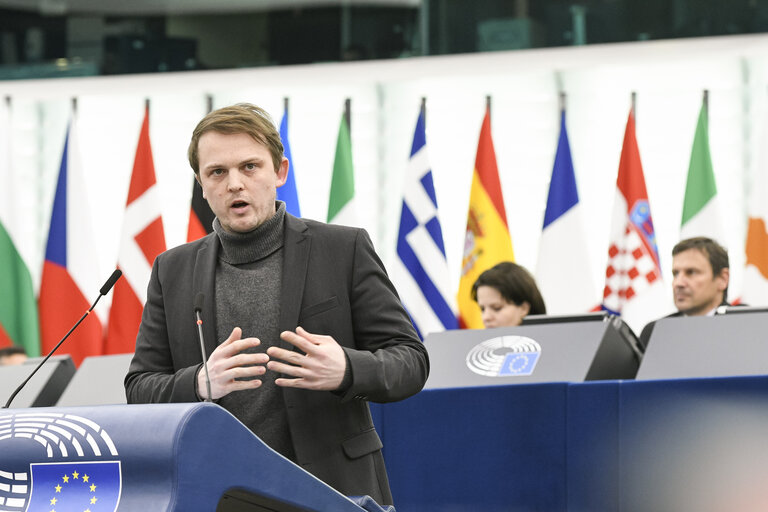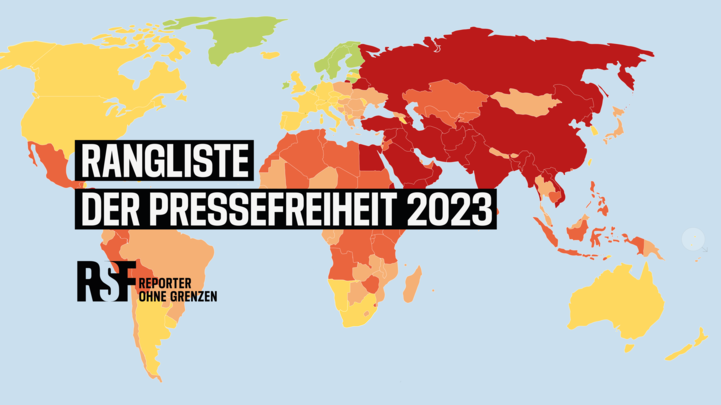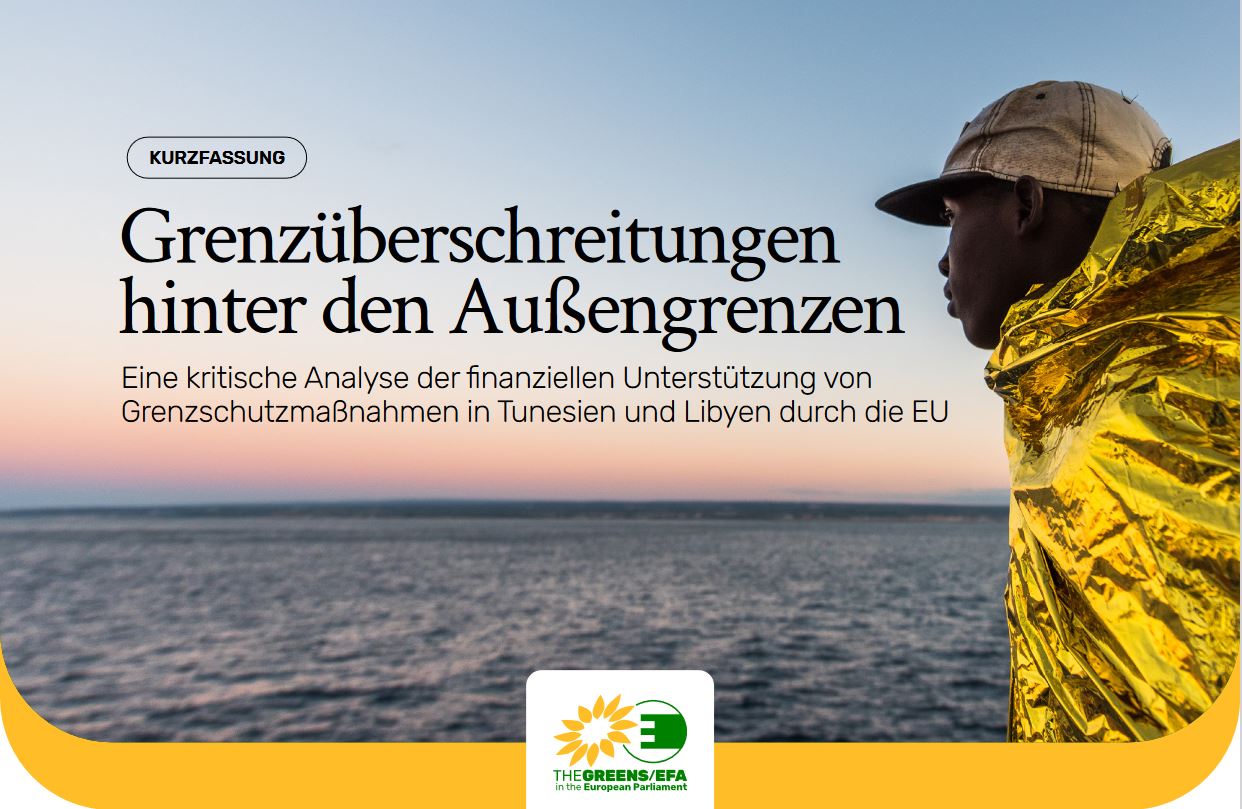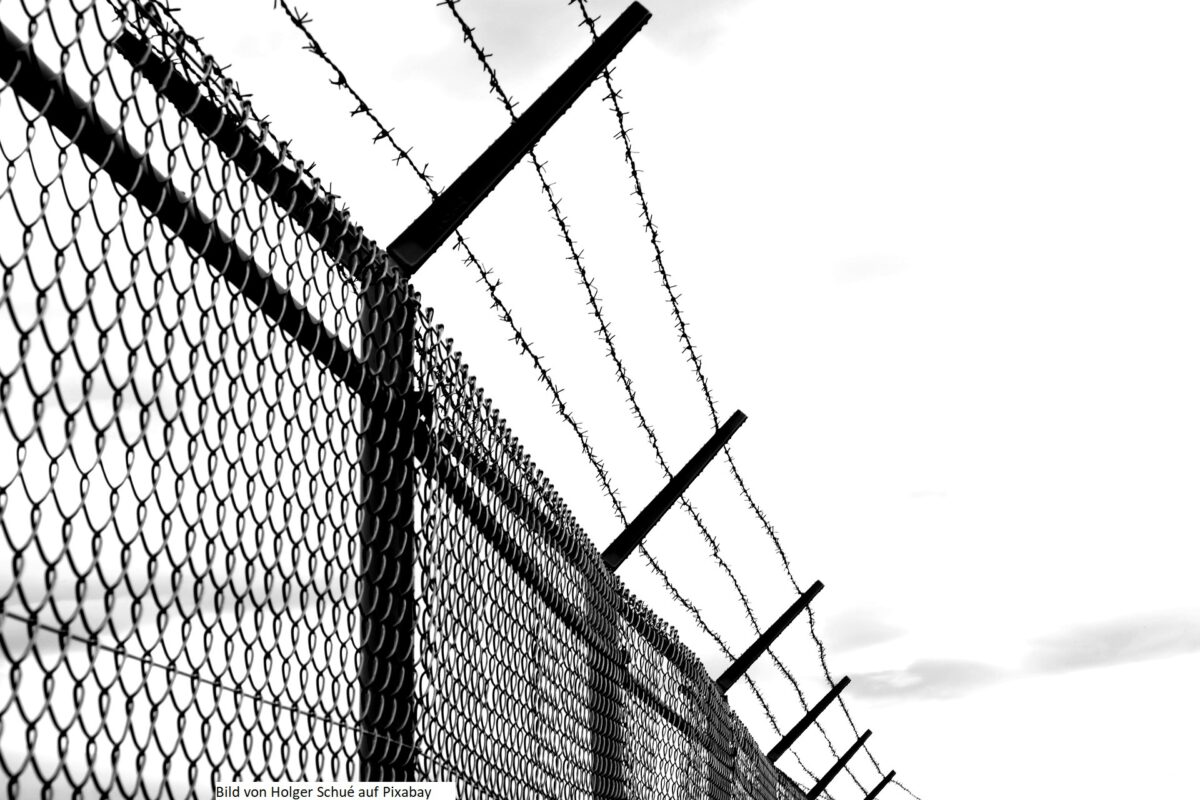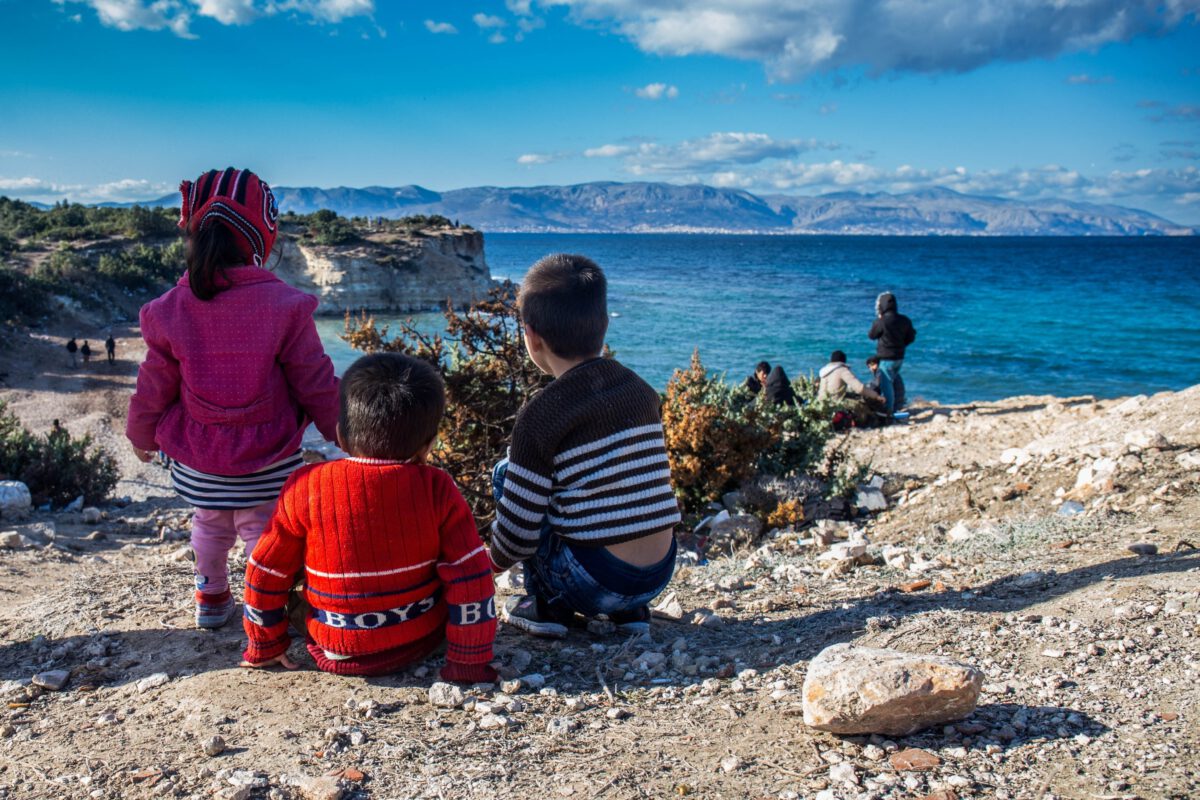Why crime statistics are not suitable for political discussions
The crime statistics for 2023 are currently being misused for populist propaganda against migrants and refugees. According to the PKS, the number of foreign suspects has risen. The CDU and CSU are therefore once again calling for immigration to be restricted.
Around 5.94 million crimes were registered in Germany last year. This corresponds to an increase of 5.5 percent compared to the previous year. This is according to the police crime statistics 2023 which Federal Minister of the Interior Nancy Faeser presented in Berlin.
The clearance rate also increased, with 58.4% of all recorded crimes being solved according to the report, slightly more than in the previous year. According to the PKS, violent crime is clearly a male phenomenon, but the origin of the suspects is currently causing a stir. According to the study, 923,269 of the almost 2.25 million suspects (up 17.8 percent) did not have a German passport. The CDU/CSU and other right-wing opinion leaders are now linking the supposed rise in crime to immigration in Germany. But that cannot be allowed to stand.
How the BKA's crime research explains the increase
What is completely lost in the debate is the justification for the increase that the BKA itself has presented.
First of all, it should be noted that the level of crime is not unusually high, but was higher in 2009/2016 with a lower overall population than today.
Overall, the figure of almost six million criminal offenses or reports of criminal offenses in 2023 certainly does not stand out from the statistics. The current situation is therefore no more dangerous than in previous years, and there is no explosion in crime.
What is real is the increase compared to previous years, for which the BKA rational justifications.
- After the end of the Covid-19 restrictions, people are moving around more again, especially in public spaces, which increases the number of possible crimes. The end of the pandemic measures provides more opportunities and interactions that did not exist during the pandemic.
- Inflation and psychological stress, exacerbated by the pandemic, are affecting children and young people in particular and increasing their susceptibility to crime. In addition, we have had exceptionally high inflation in the meantime, which has further increased the pressure on the population and thus created further incentives for crime.
- The increased number of immigrants and the associated social and economic challenges are logically reflected in an increase in non-German suspects.
The general rise in crime is therefore not the fault of migrants, but of underlying conditions such as the end of the pandemic measures and increased inflation. Although migration is one aspect of the statistics, it is not the decisive factor.
Accordingly, the argument that crime is so high because so many people have immigrated is not admissible because it completely ignores the BKA's other justifications.
Notes on the statistics
The rise in crimes committed by non-Germans is often highlighted in the debate. One explanation for this increase is the rise in immigration. This is because the proportion of the non-German population in Germany has also increased overall, which means that the number of recorded crimes has also risen because there are more immigrants. A purely statistical effect.
In addition, the number is higher among non-Germans because the police investigate more frequently and non-Germans are reported more often. In addition, the victims in this area are often people with a migration background themselves, for example when looking at violent crimes in asylum homes. The statistics also include offences under immigration law, for example, which can only be committed by this group: around 93,158 cases of 'unauthorized entry' or 187,059 cases of 'unauthorized residence', both of which have risen sharply.
The PKS therefore shows that foreigners in Germany have not become more criminal.
The increase in recorded criminal suspects without a German passport can primarily be explained by the high level of immigration.
There is another statistic to counter the fear-mongering surrounding crime statistics. According to the recently published Global Peace Index, Germany is one of the safest countries in the world. It is ranked 15th out of 163 countries.
Global Peace Index: https://www.visionofhumanity.org/maps/#/
What experts say about crime statistics
The Professor of Criminal Law Tobias Singelnstein describes it as „bizarre“ how much the figures are over-interpreted every year. According to him, the PKS is an activity report of the Policenothing more. It records all suspicious situations that come to the attention of the police â usually through private reports. The statistics therefore only reflect what the police can see and want to record.
Among other things, the PKS reports more violent crimes, 8.6 percent more than in the previous year. According to Singelnstein, this only means that the police have dealt with more cases. This may also be due to the fact that more crimes are reported. Research has shown, for example, that people are more likely to report people they perceive as not belonging to their own group.
Criminologist Martin Thüne describes the PKS as „distorted and manipulableâ. Most of the attention in the public debate is focused on the fact that the proportion of suspects with foreign passports in the PKS has risen. According to Thüne, this has little significance because the PKS is systematically distorted at this point and it is quite normal from the logic of the PKS that foreign suspects are overrepresented in these statistics. On closer inspection, this cannot really be otherwise.
This is due, for example, to the fact that the Number of foreign suspects is added together with the foreign resident population. This includes traveling groups of tourists, deployment forces or commuters. They should actually be considered individually. The police themselves also point this out, but it is ignored.
The Criminologist André Schulz warns against hasty conclusions and misinterpretation of the data. For example, the PKS cannot show whether someone was actually guilty of a crime, nor whether the proceedings were later discontinued or the person was demonstrably innocent, so the statistics record all cases of suspicion, but not whether a crime was actually committed.
Schulz also emphasizes that origin, ethnicity or religion have nothing to do with whether people become criminals or not, but that social origin is the decisive factor. This applies equally to Germans and non-Germans. The separate recording of German and non-German suspects is „pointless and disastrous“ because it only serves „racism and xenophobia“.
Conclusion: PKS is not suitable for incitement against migrants
There are rational reasons for the general increase in crime from the BKA's crime research. The end of the pandemic and high inflation led to more incentives and opportunities to commit crimes. The increase in non-German crimes can be explained by the fact that immigration is generally on the rise. The number of non-German suspects is roughly at the same level as in 2015 and 2016. Overall, the current number of offences does not stand out.
There are various reasons for the rise in crime and it should be noted that crime and its causes generally need to be combated more strongly and in a more targeted manner. The CDU/CSU and right-wing media makers can continue to use the PKS to incite hatred against minorities, but based on the facts and expert assessments, this is highly dubious and, to put it mildly, pure xenophobic populism.

